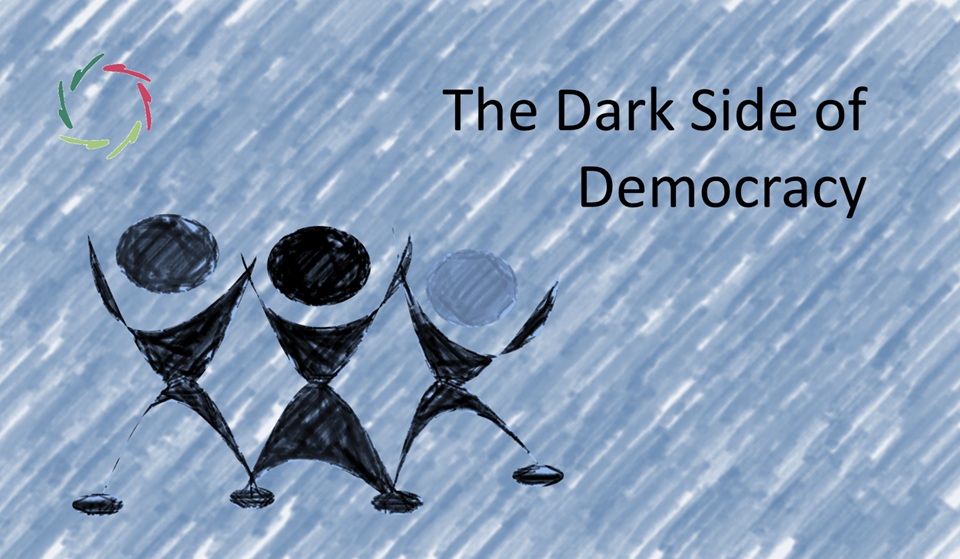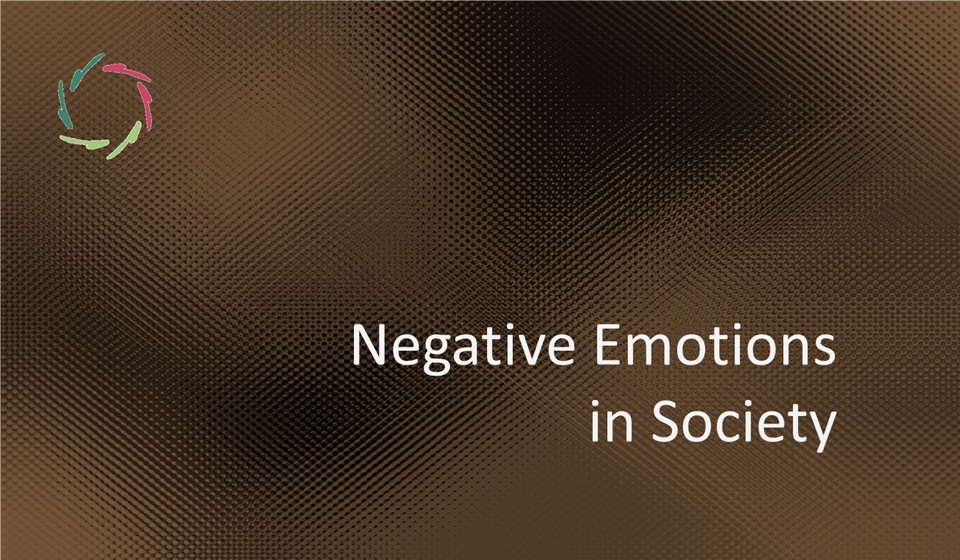Social Media and the Illusion of Connection

While social media platforms promise to connect us, they often lead to a deeper sense of isolation and Societal Inner Dissociation (SID).
This blog explores how social media contributes to SID and considers how it could be reimagined to support genuine connection and societal integration. This blog is part of the *SID* series. Please read the primary blog of this series for a basic understanding of Societal Inner Dissociation (SID).
The paradox of social media
At the heart of social media lies a paradox: platforms designed to connect us often deepen our sense of isolation. While they provide a space for communication and interaction, these interactions are frequently shallow, giving users the impression that they are connected but leaving them feeling more disconnected than ever before. The superficial level of engagement lacks the substance and intimacy that characterize true relationships. Over time, this illusion of connection contributes to a growing sense of loneliness and dissatisfaction as the need for deeper human contact remains unfulfilled.
Social media can exacerbate SID by promoting an environment where individuals are constantly exposed to the highlights of others’ lives without the context of their struggles and imperfections. This selective exposure can create feelings of inadequacy and reinforce the disconnect between one’s inner self and the external persona projected online. At the same time, as individuals increasingly curate their online identities to fit societal expectations, they may become more dissociated from their true selves, further deepening SID.
Superficial interactions
Whether it’s liking a post, leaving a short comment, or sharing content without deeper reflection, these actions do little to foster genuine relationships. Over time, these shallow interactions can replace more meaningful forms of communication, leading to a decline in the quality of our relationships. When our interactions are reduced to quick exchanges, we miss the opportunity to engage in the kind of conversations that build trust, understanding, and emotional intimacy.
The prevalence of superficial interactions on social media can lead to a fragmented sense of identity and belonging. This fragmentation can result in feelings of isolation and alienation, as individuals find themselves surrounded by people yet disconnected from any true sense of community or belonging.
Comparison and dissociation
Social media platforms are designed to highlight the most appealing aspects of users’ lives, from achievements and celebrations to curated images of perfection. As individuals scroll through their feeds, they are bombarded with these idealized representations, which can create a sense of inadequacy and self-doubt. As a result, people may become dissociated from their own unique identities, constantly striving to fit into a mold that does not reflect their true selves.
Over time, this dissonance can deepen SID, as individuals lose touch with their inner values and become increasingly reliant on external validation to define their worth.
Towards authentic connection
Social media platforms could be redesigned to prioritize depth over quantity in interactions. This could involve features that encourage longer, more thoughtful exchanges, such as discussion threads that promote in-depth conversation or tools that foster collaborative content creation.
Promoting authenticity on social media is essential for reducing SID. Platforms can create environments that encourage users to share their true selves, including their struggles and vulnerabilities, rather than just their highlights. By fostering spaces where people feel safe to be themselves, social media can support the development of a more integrated and cohesive sense of self.
Platforms can offer tools that help users find and join groups that align with their deeper interests, values, and experiences, fostering a sense of true belonging and mutual support. These communities can help individuals form meaningful relationships that counteract the isolation and dissociation often associated with online engagement.
In short
Social media, while offering the promise of connection, often leads to more profound isolation and SID through superficial interactions and constant comparison. However, with proper support and by reimagining these platforms to promote authenticity, depth, and community, it is possible to transform social media into a tool for genuine connection and societal integration. This shift can help reduce SID and foster a more connected and cohesive society.
Lisa is ready for all personal coaching ― of course, without manipulating anyone.


